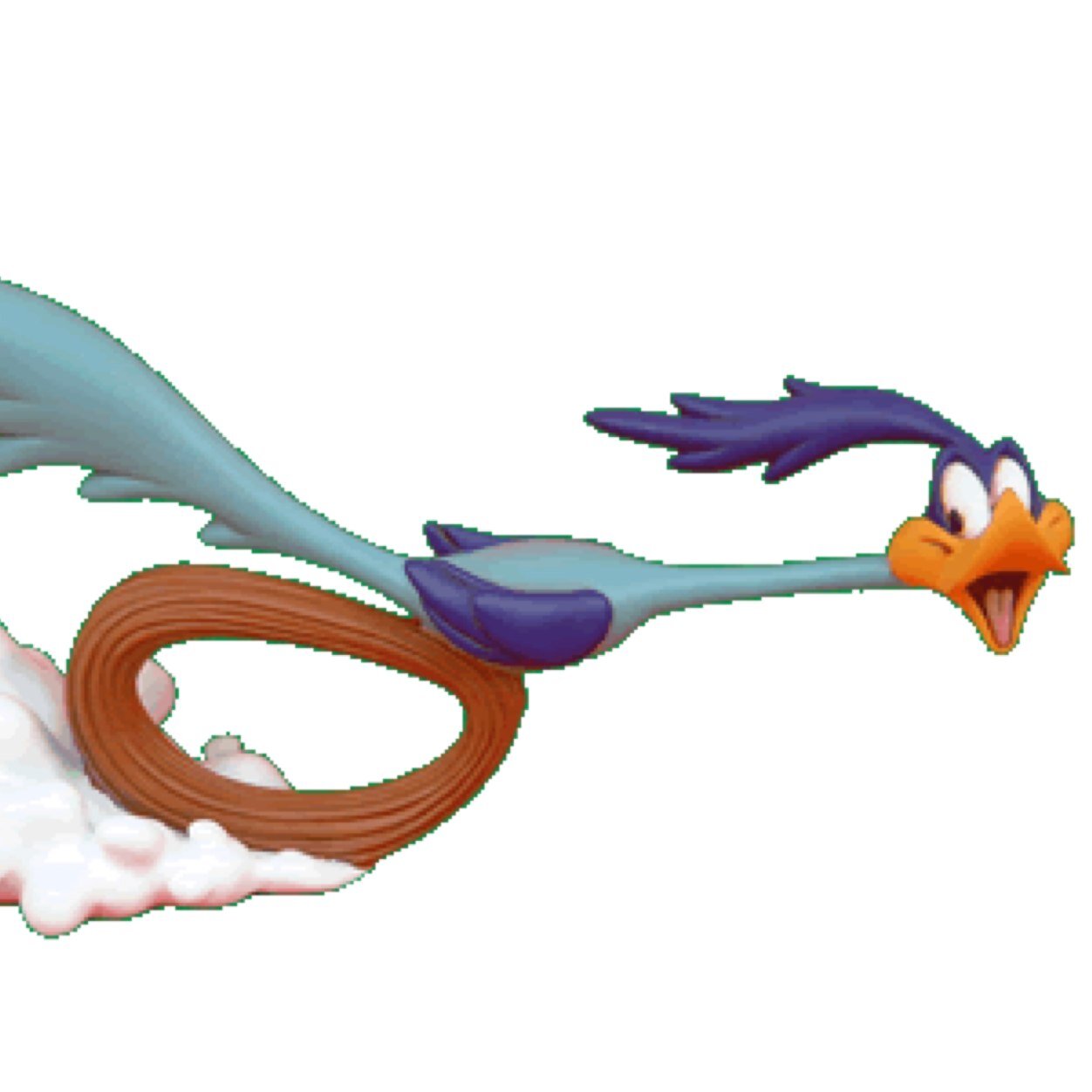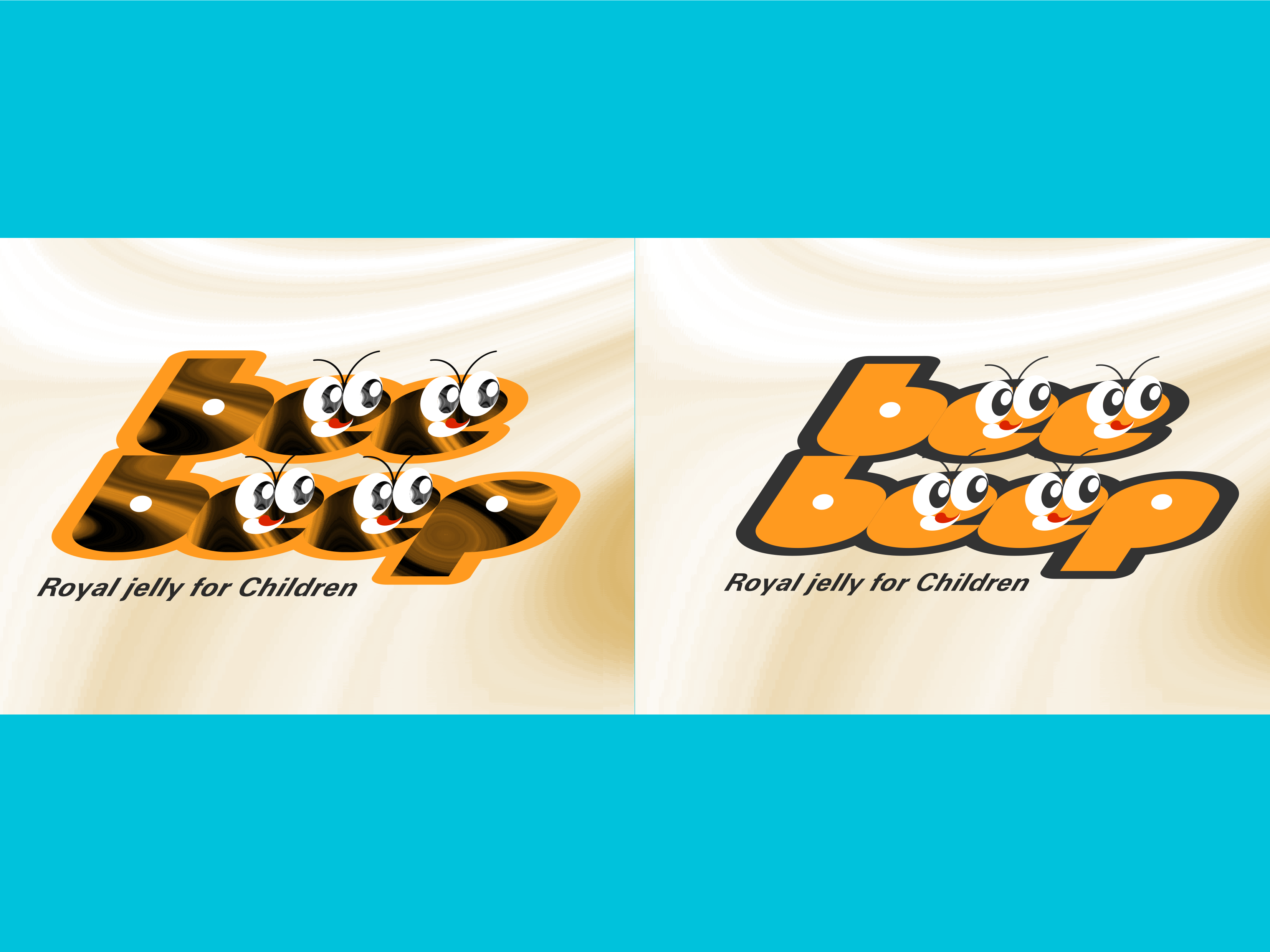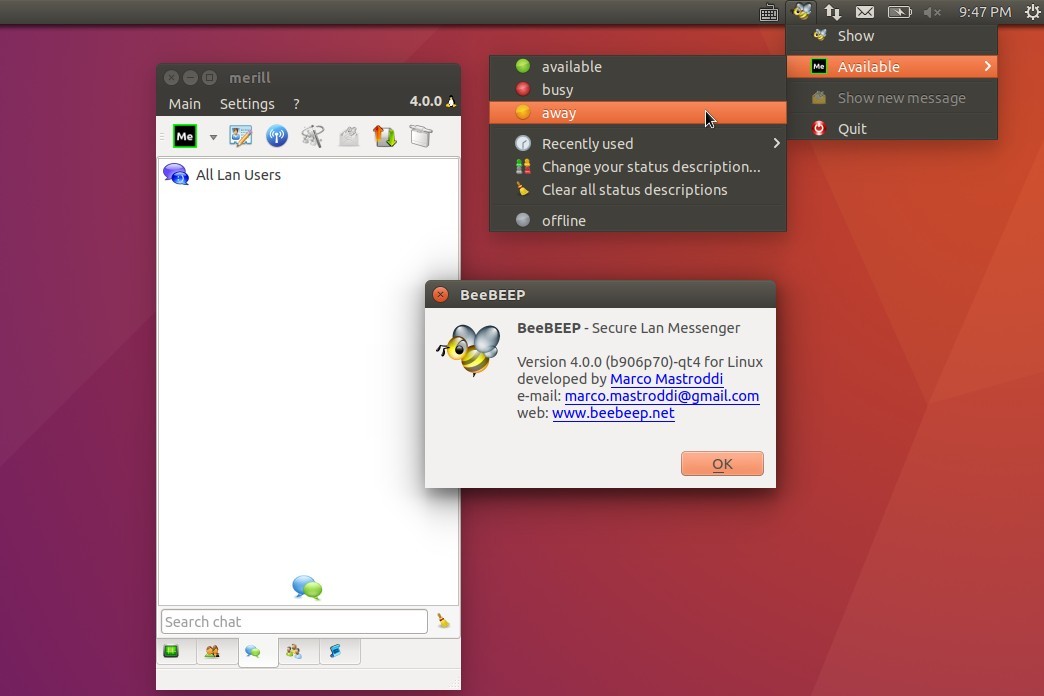

In 1988 the band began their major push for recognition, releasing their second full album HERE WE ARE in February and touring over the summer in support of it.

The band still struggled for fan notice, playing approximately 60 small venus, and releasing their second single, "Sekai-de Ichiban Atsui Natsu" ("The Hottest Summer in the World") to little market response. At this time the band decided that they would produce their own sound, so all further writing credits were to band members, with Nakayama and the drummer Kyoko Tomita generally splitting the writing duties while the lead singer Kaori Okui took nearly two thirds of the song credits over the band's career. The single's lyrics were credited to the band's guitarist, Kanako Nakayama, but the music was credited to well-known music producer Saburo Suzuki. In 1987 the band released their first single as Princess Princess, "Koi-wa BARANSU" ("Love is Balance"). The band made 7 concert appearances in 1986, playing in very small venues around Tokyo. In May of that year the CEO of SHINKO had declined to represent the band, but a company employee, Emiko Ichimura, seeing the band perform and believing they could become a success, eventually persuaded the company to take them on. In August 1986, the band transferred their management to SHINKO Music Entertainment. In May 1986 the band made their "major debut" with the EP "Kiss-de KURAIMU" ("Crime by/with a kiss') with CBS Sony Records (now known as Sony Music Entertainment).

In March 1984 the band made their first of several appearances on Japanese television success was limited and in 1985 the band transferred from TDK Records to another management company, changed their name to Julian Mama, but did not release any singles or albums during this later period. After being assembled (via open audition of 1400 hopefuls) as the female music group Akasaka Komachi by TDK Records in 1983, the band was housed with their manager in the Tokyo suburb of Nishi Nippori for over two years as they developed their skills and experience.


 0 kommentar(er)
0 kommentar(er)
